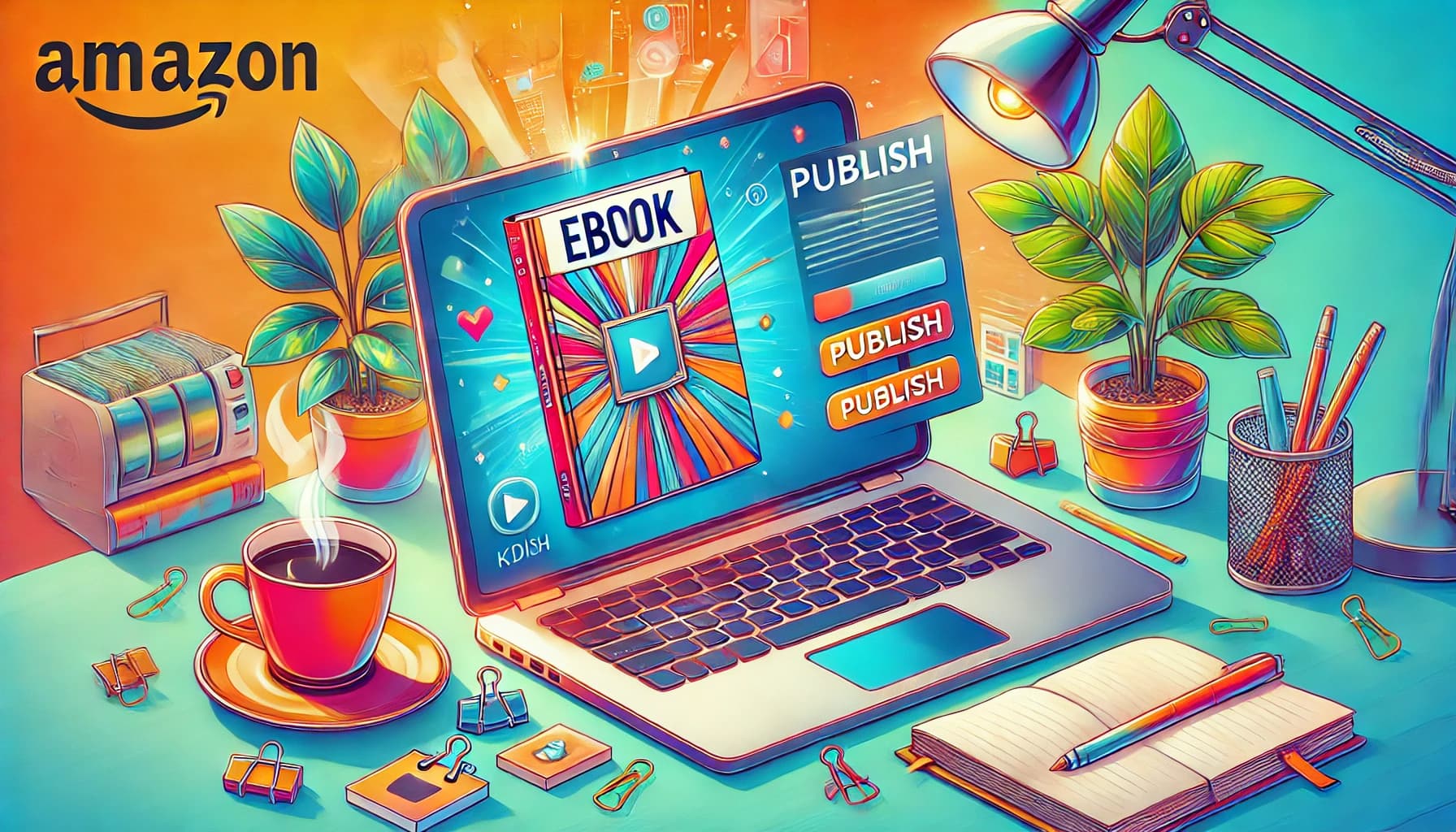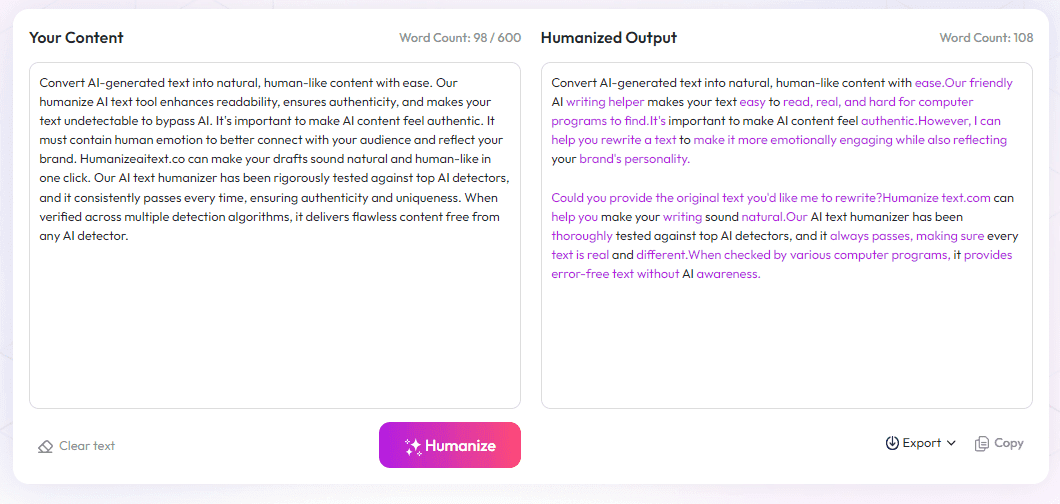Table of Contents
Many of us worry that creating or sharing content online will stay locked behind big tech walls or get lost in millions of other posts. It feels like the future of publishing is uncertain, and it's hard to find real solutions that put creators in charge.
But keep reading, and you'll discover clear ways to make publishing more open and fair, giving everyone a chance to share their stories without middlemen. There are simple steps that can change the game and bring back the power to the writers and readers alike.
In this piece, I’ll show you the straightforward, practical ideas that could shape what’s next for decentralized publishing.
Key Takeaways
Key Takeaways
- Decentralized publishing using blockchain gives creators full control over their content, reduces costs, and ensures transparent royalties with smart contracts. This helps authors earn accurately and avoid third-party cuts.
- Community governance through DAOs allows users to vote on platform rules and content decisions, creating a more democratic environment and increasing engagement from both creators and readers.
- AI tools support content creation by helping draft, edit, and generate ideas faster while keeping the original voice, making publishing more efficient and accessible for independent writers.
- Personalized content based on data analysis boosts reader satisfaction and increases revenue, with platforms offering targeted marketing and customized experiences to keep audiences engaged.
- The digital publishing market is expected to grow significantly, offering more chances for individual creators to reach wider audiences through new tech and decentralized platforms.
- Getting started involves choosing blockchain platforms like Mirror or LBRY, using simple smart contracts, joining community DAOs, and leveraging AI tools to produce and promote work effectively.

The future of decentralized publishing looks promising and is already reshaping how content creators control, distribute, and monetize their work. At its core, blockchain technology enables creators to own their content completely, reducing reliance on traditional centralized platforms that often take hefty cuts or impose strict restrictions.
By adopting decentralized systems, publishers and authors gain increased transparency through open-ledger technology, which makes rights management and royalty distributions clear and tamper-proof. For example, blockchain-based platforms can cut transaction costs by around 15%, making payments and licensing more efficient and fair for everyone involved.
Plus, the rise of blockchain-powered micropayments allows readers to pay for individual chapters or segments, opening up new revenue streams for writers and making content more accessible. For instance, instead of a one-size-fits-all subscription, users can pay tiny amounts for specific content, which appeals to a broader audience with varying interests and budgets.
Community governance is also gaining momentum, with Decentralized Autonomous Organizations (DAOs) enabling content communities to self-regulate and make collective decisions. In 2025, over 6.5 million people hold governance tokens worldwide, actively shaping the future of publishing through voting and proposals. This fosters a more democratic and engaging environment for authors and audiences alike.
Another key point is the use of AI tools that complement decentralized platforms. Writers are leveraging AI for drafting, editing, and idea generation, with studies showing that AI can help preserve 95% of the original content while significantly boosting productivity. This makes publishing faster and more cost-effective, especially for independent creators.
On the monetization front, trends show that 71% of consumers now expect personalized interactions, and platforms that use advanced data analysis and blockchain-based personalization see revenue increases of 40%. So, blending decentralized tech with AI-driven insights can create more tailored and engaging content delivery models.
In short, these technological advances are making publishing more transparent, fair, and community-oriented. As the digital publishing market is projected to grow from $52.61 billion in 2024 to an estimated $88.16 billion by 2029, embracing these solutions provides a clear pathway for authors and publishers aiming to thrive in tomorrow’s landscape. For practical guidance on navigating this space, consider exploring resources like how to publish a coloring book or the ins and outs of self-publishing without agents. The future is decentralized, and it’s calling for creators to seize the opportunity.

How Blockchain Reduces Costs and Streamlines Royalties
Implementing blockchain in publishing can cut transaction costs by around 15%, which adds up over time, especially for small-scale creators.
This technology automates royalty payments through smart contracts, ensuring authors get paid instantly and accurately without middlemen.
To make the most of this, publishers should look for platforms that offer transparent royalty tracking, allowing authors to verify earnings at any time.
A practical step is to start with small projects or sample content on blockchain-based platforms like (https://mirror.xyz/) or (https://hive.io/), testing how they handle rights and payments.
By shifting to decentralized ledgers, publishers and authors can see how real-time reporting reduces disputes and builds trust.
Building Community Governance with DAOs
Community-led governance is becoming a key feature thanks to Decentralized Autonomous Organizations (DAOs), allowing readers and creators to have a say in content decisions.
In 2025, over 6.5 million people hold governance tokens, making it possible for communities to vote on platform policies or new features.
To participate, creators should explore joining existing content DAOs or even creating their own for niche markets or indie projects.
Tools like (https://snapshot.org/) enable easy voting and proposal submissions without complex blockchain knowledge, lowering entry barriers.
Encouraging audience involvement through governance can lead to more engaged readers and stronger loyalty.
Using AI Tools to Enhance Content Creation
AI helps writers draft, edit, and brainstorm ideas faster than ever, often preserving 95% of existing content while reducing time spent on revisions.
Platforms like (https://www.sudowrite.com/) or (https://chat.openai.com/) assist with script and dialogue development, freeing up creative energy.
For practical steps, authors can integrate AI tools into their workflow, starting with simple editing or generating outlines before progressing to full drafts.
A good tip is to regularly compare AI-generated content with your voice, ensuring it stays authentic while saving time.
AI can also assist in testing different titles or covers by analyzing what appeals most to potential readers, boosting marketing efforts.
Leveraging Data and Personalization for Better Engagement
Consumers now expect personalized content, and platforms using data-driven insights see around a 40% increase in revenue.
By analyzing user behavior, authors can tailor recommendations and release content that matches readers’ preferences, increasing loyalty.
Start by gathering feedback through surveys or comment sections, then use simple tools to analyze which topics or formats resonate best.
Platforms like (https://bookfunnel.com/) enable targeted marketing based on reader interests, increasing chances of engagement.
For ongoing success, authors should experiment with segmenting their audience and offering exclusive content tailored to different groups.
Emerging Market Trends and Growth Forecasts
The digital publishing market is projected to grow from $52.61 billion in 2024 to $88.16 billion by 2029, with a CAGR of about 10.7%, driven largely by digitization and blockchain tech.
This growth means there are more opportunities for independent creators to reach wider audiences without traditional gatekeepers.
To capitalize on this, authors should keep an eye on new platforms and tools as they emerge, especially those supporting blockchain and AI integration.
Joining industry forums, webinars, or online communities can help stay updated on trends and best practices.
Building flexible strategies that adapt to market shifts will help creators thrive amid rapid change.
Practical Steps for Content Creators to Embrace Decentralization
Getting started is easier than you think: choose a blockchain platform that suits your needs, like (https://mirror.xyz/) or (https://lbry.com/), for hosting your work.
Learn how to create and deploy smart contracts to automate rights and royalty payments, which can be done with some basic blockchain tutorials.
Join community DAOs related to your niche to participate in governance and gain insight into industry standards.
Explore AI tools for drafting, editing, and marketing your content, with options available for free or low-cost use.
Don't forget to promote your work across decentralized social media platforms and engage directly with your audience for feedback and loyalty.
By taking these practical steps, independent creators can position themselves to benefit from the ongoing shift toward decentralization.
FAQs
Decentralized publishing distributes content across multiple nodes instead of centralized servers, increasing transparency, reducing censorship, and empowering creators with greater control over their work.
Blockchain provides a transparent, tamper-proof ledger that verifies content ownership and transactions, making it ideal for secure, accountable decentralized publishing systems.
Decentralized publishing offers increased control for creators, better revenue sharing, enhanced transparency, and protection against censorship, fostering a more open and fair content distribution environment.
Challenges include scalability issues, user adoption difficulties, content moderation concerns, and the need for technical understanding, which can limit widespread implementation of decentralized publishing platforms.



